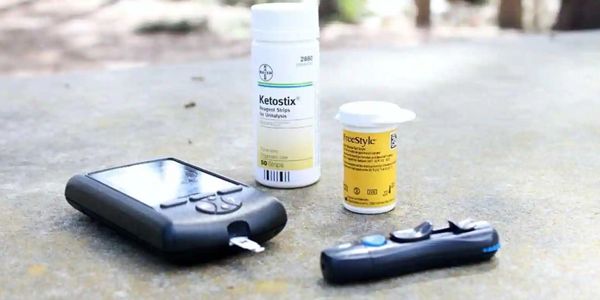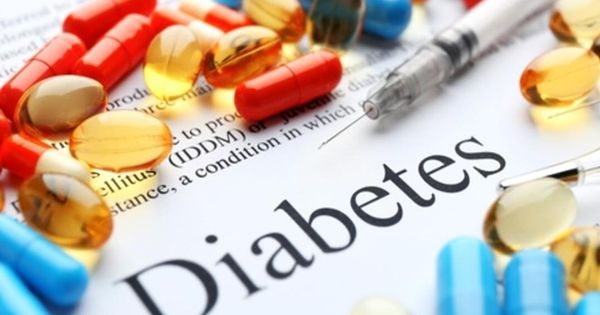According to a phase 2 clinical trial, a new once-weekly basal insulin injection demonstrated comparable efficacy and safety, as well as a lower rate of low blood sugar episodes, when compared to daily basal insulin. The findings, which will be presented at the Endocrine Society’s annual meeting in 2021, compared an investigational drug called basal insulin Fc (BIF) to insulin degludec, a commercially available long-lasting daily insulin, in type 2 diabetes patients.
“These findings show that BIF has potential as a once-weekly basal insulin and could be a step forward in insulin therapy,” said Juan Frias, M.D., the study’s principal investigator and medical director of the National Research Institute in Los Angeles, Calif.
Frias believes that the reduced number of injections with weekly insulin may improve adherence to insulin therapy, which may result in better patient outcomes than daily basal insulins. Once-weekly dosing may also increase patients with type 2 diabetes’ willingness to begin insulin therapy when oral medication alone no longer provides adequate blood glucose control, he added.
A new once-weekly basal insulin injection demonstrated similar efficacy and safety and a lower rate of low blood sugar episodes compared with a daily basal insulin, according to a phase 2 clinical trial.
When you eat, your pancreas secretes a hormone known as insulin. Insulin transports sugar (glucose) from the bloodstream to the cells for energy or storage. If you use insulin, you may require some at mealtime to help lower your blood sugar after eating. However, insulin is required in small amounts even between meals to help keep blood sugar stable. Long-acting insulin can help in this situation. If you have diabetes, your pancreas is either unable to produce enough (or any) insulin, or your cells are unable to use it efficiently. Regular insulin injections are required to replace or supplement the normal function of your pancreas in order to control your blood sugar.
Eli Lilly and Company sponsored the 32-week clinical trial, which included 399 patients. All of the patients had type 2 diabetes and had previously used basal insulin in conjunction with oral diabetes medications.

The patients were randomly assigned to one of three treatment groups: once-weekly injections of BIF at one of two different dosing algorithms (with different fasting blood glucose levels goals) or standard once-daily injections of insulin degludec. One fasting glucose target for patients receiving BIF was 140 mg/dL or less, while the other was at or below 120 mg/dL. The insulin degludec fasting glucose target was 100 mg/dL or less.
In comparison to insulin degludec, patients taking BIF had comparable long-term blood glucose control, as measured by hemoglobin A1c, according to the researchers. According to the data, study participants had an average A1c of 8.1 percent at the start of the study and an average improvement in A1c of 0.6 percent for BIF and 0.7 percent for insulin degludec at the end of the study.
Furthermore, BIF use was associated with significantly lower rates of hypoglycemia (blood sugar levels less than 70 mg/dL). Severe untreated hypoglycemia is a potentially fatal complication that can result in seizures, loss of consciousness, and death. According to Frias, BIF has “the potential of a flatter and more predictable action than current daily basal insulins, which may have contributed to lower rates of hypoglycemia.”
In terms of safety, BIF had a similar adverse event profile to insulin degludec, he said. “Further research with BIF has been initiated in patients with type 1 diabetes and other type 2 diabetes patient populations based on our promising data,” Frias said.
The more you understand about the factors that influence your blood sugar level, the better you will be able to anticipate fluctuations and plan accordingly. If you’re having trouble keeping your blood sugar levels within your target range, seek assistance from your diabetes health care team.















